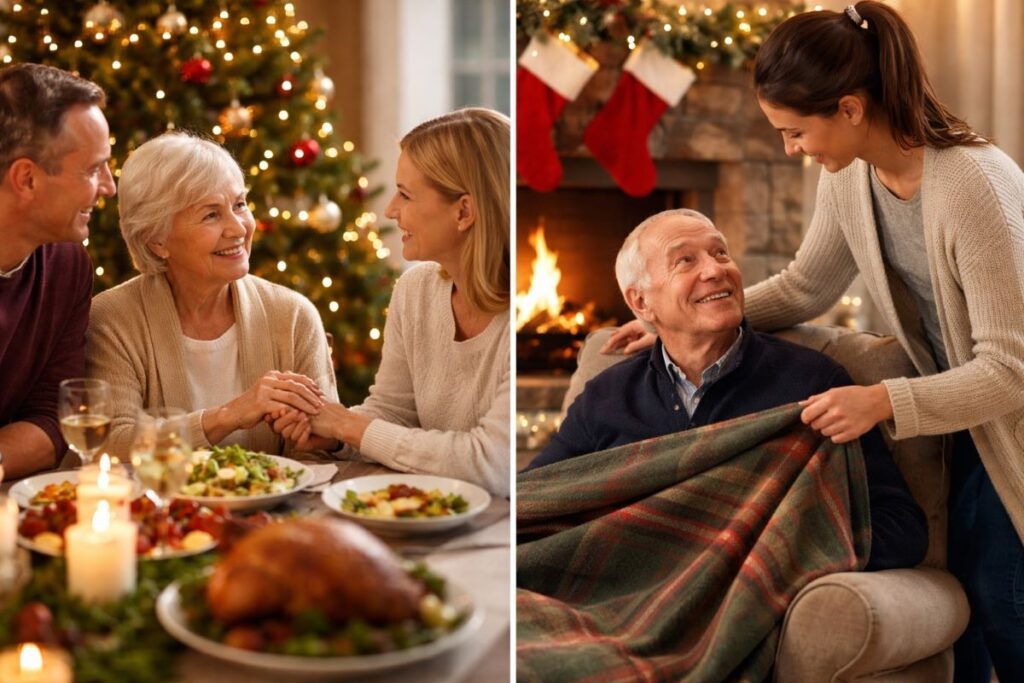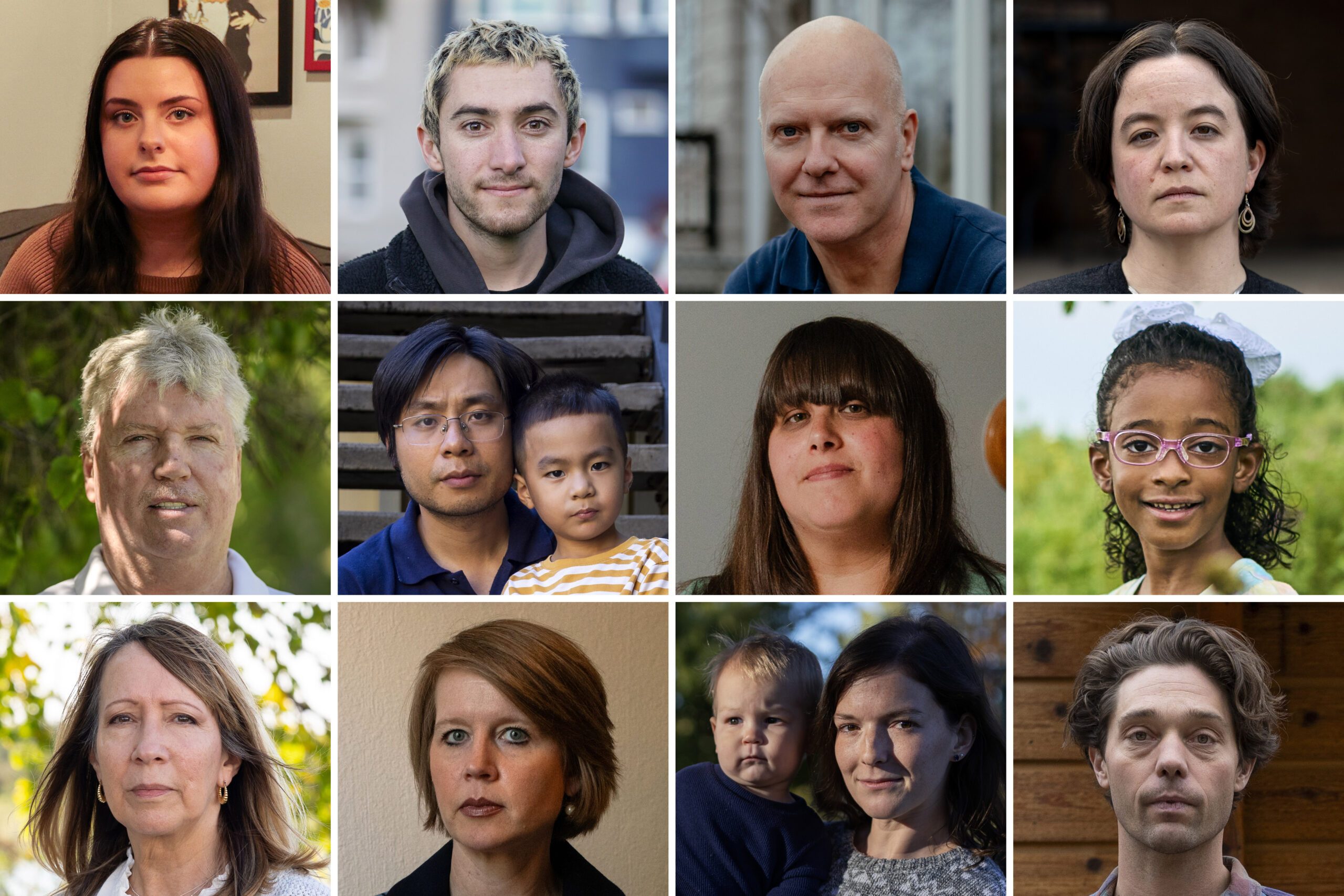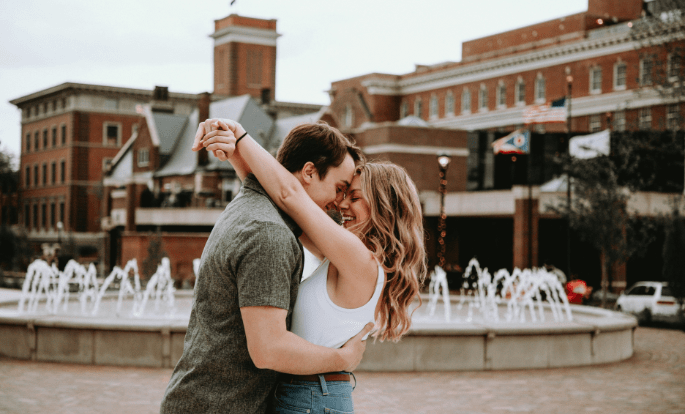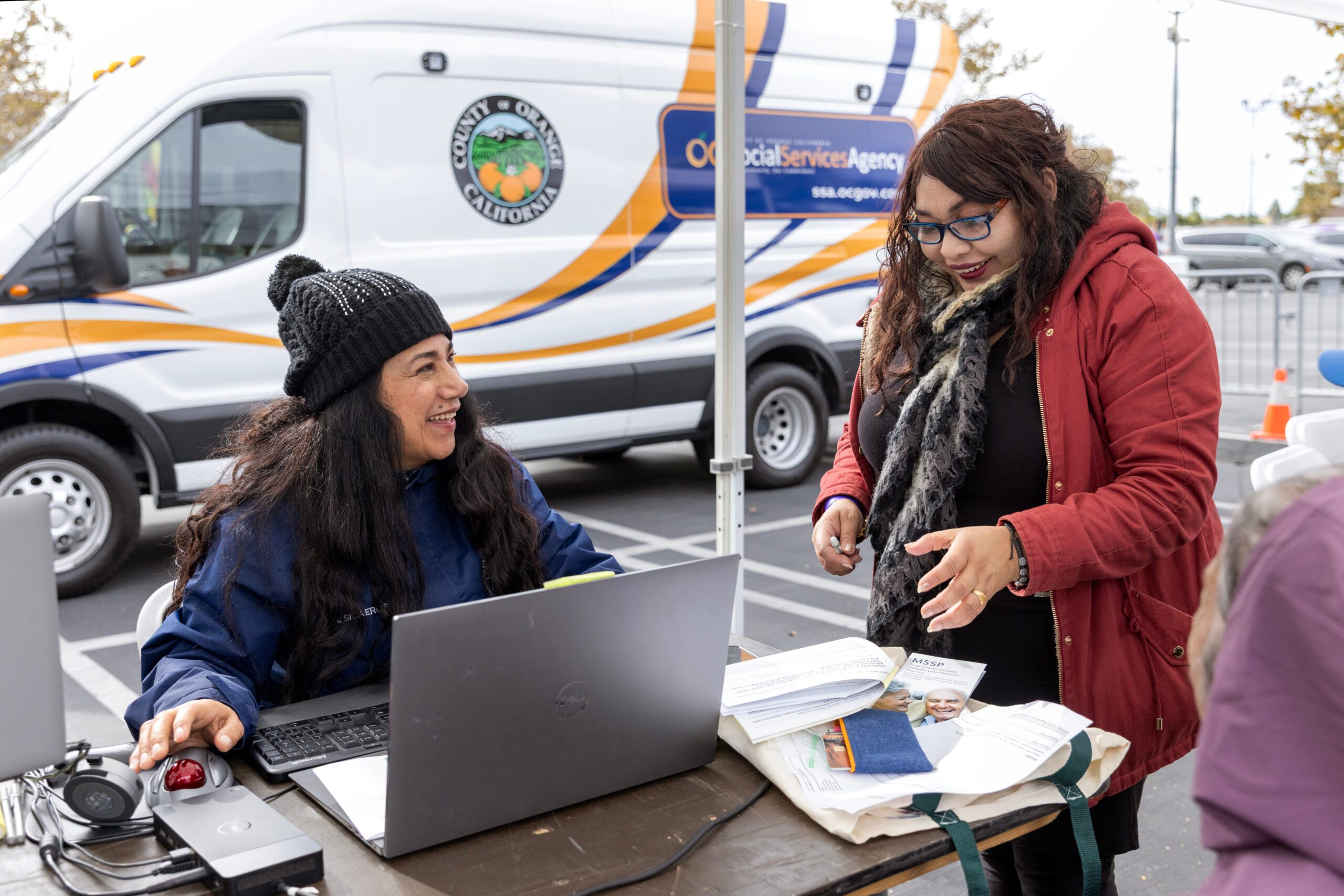By Texas A&M University
After months of lockdowns and quarantines, many Americans were eager to return to normal activities, even as public health experts continued to warn the public that the COVID-19 pandemic was not over.
The study reveals that despite these warnings, the majority of Americans resumed risky social and travel activity before vaccines became available.
Jay E. Maddock at the Texas A&M University School of Public Health and Courtney Suess at the College of Agriculture & Life Sciences conducted a cross-sectional survey of 2,589 American adults in late November and early December 2020.
The survey asked respondents when they planned to resume certain activities, along with questions about perceived susceptibility to COVID-19, political ideology, and demographic information.
More than half of the respondents, 60.3%, said they resumed or intended to resume at least one risky travel or leisure behavior before vaccines became available, and approximately one in six, 17.5%, had engaged in four or more risky behaviors.
Risky behaviors identified in the survey included eating indoors at restaurants, eating or drinking in bars, attending large social events and attractions, traveling by airplane, visiting family and friends by car, staying in a hotel, going on a cruise, and riding a bus or shuttle. Visiting family and friends was the most common risky activity resumed, followed by eating inside a restaurant.
Being younger, fiscally conservative, or having less perceived susceptibility to COVID-19 were variables associated with an individual being more likely to resume leisure behaviors, such as visiting loved ones or eating or drinking in restaurants or bars.
Higher education and socioeconomic status were associated with a greater likelihood of taking a flight; this finding was notable because a higher level of education and socioeconomic status are typically associated with less risk-taking behavior.
These survey responses show that while many Americans heeded experts’ warnings, many others chose to try to return to normal life despite the risks to themselves and others.
Future pandemic messaging that focuses on perceived susceptibility may be key to encouraging behaviors that are protective rather than risky.
“Having appropriate messages and working with local, state, and national health departments and the CDC to really think through how we respond will help us be ready for the next pandemic,” Maddock says.
The study appears in INQUIRY: The Journal of Health Care Organization, Provision, and Financing.
Source: Kelly Tucker for Texas A&M University
—
This post was previously published on Futurity.org and is republished here under a Creative Commons license.
***
You Might Also Like These From The Good Men Project
 Compliments Men Want to Hear More Often
Compliments Men Want to Hear More Often  Relationships Aren’t Easy, But They’re Worth It
Relationships Aren’t Easy, But They’re Worth It  The One Thing Men Want More Than Sex
The One Thing Men Want More Than Sex  ..A Man’s Kiss Tells You Everything
..A Man’s Kiss Tells You Everything Join The Good Men Project as a Premium Member today.
All Premium Members get to view The Good Men Project with NO ADS.
A $50 annual membership gives you an all access pass. You can be a part of every call, group, class and community.
A $25 annual membership gives you access to one class, one Social Interest group and our online communities.
A $12 annual membership gives you access to our Friday calls with the publisher, our online community.
Register New Account
Log in if you wish to renew an existing subscription.
Username
First Name
Last Name
Password
Password Again
Choose your subscription level
- Yearly - $50.00 - 1 Year
- Monthly - $6.99 - 1 Month
Credit / Debit Card PayPal Choose Your Payment Method
Auto Renew
Subscribe to The Good Men Project Daily Newsletter By completing this registration form, you are also agreeing to our Terms of Service which can be found here.Need more info? A complete list of benefits is here.
—
Photo credit: iStock
The post Most Americans Resumed Risky Activities Before COVID Vaccines Came Out appeared first on The Good Men Project.
Original Article










